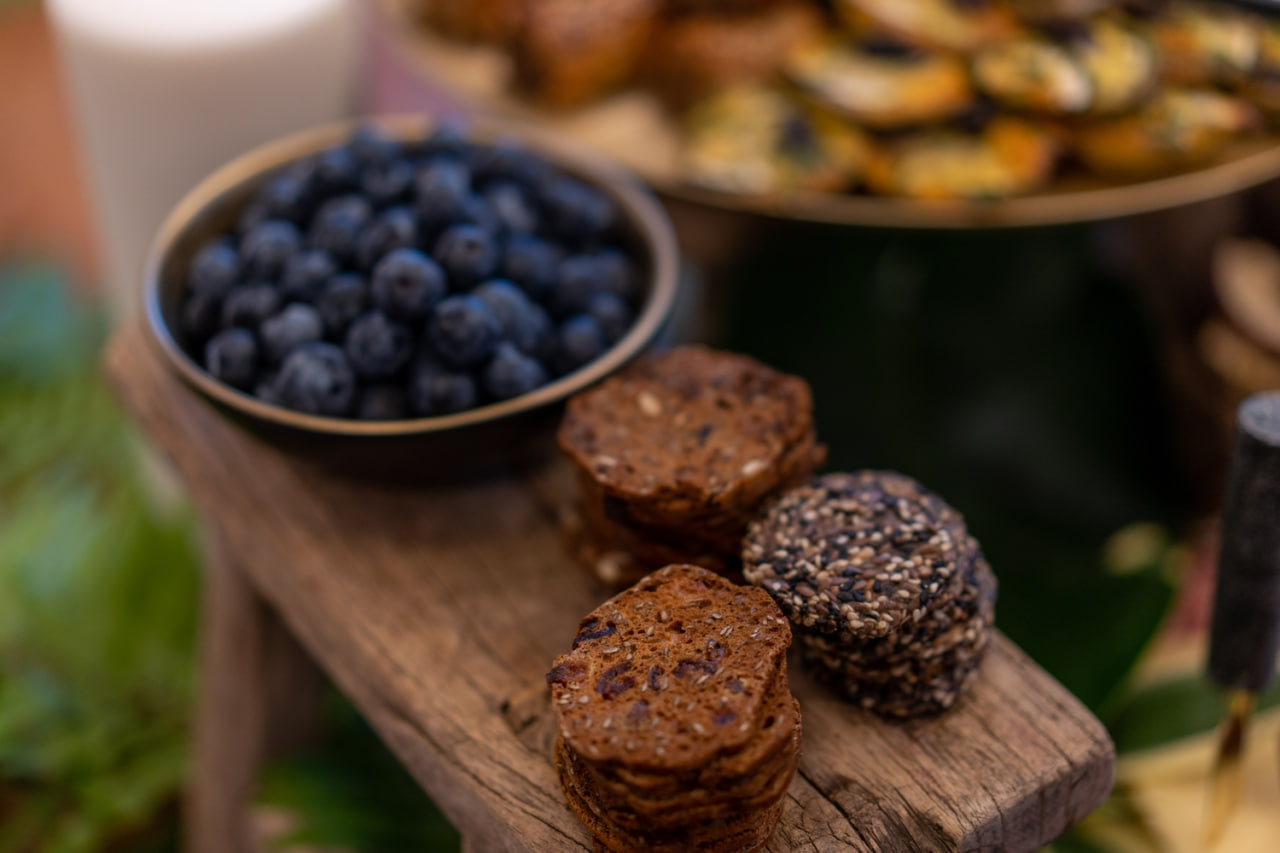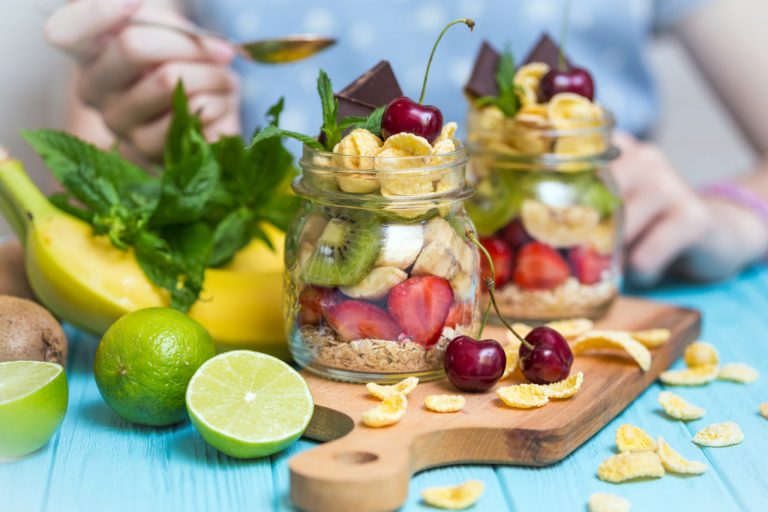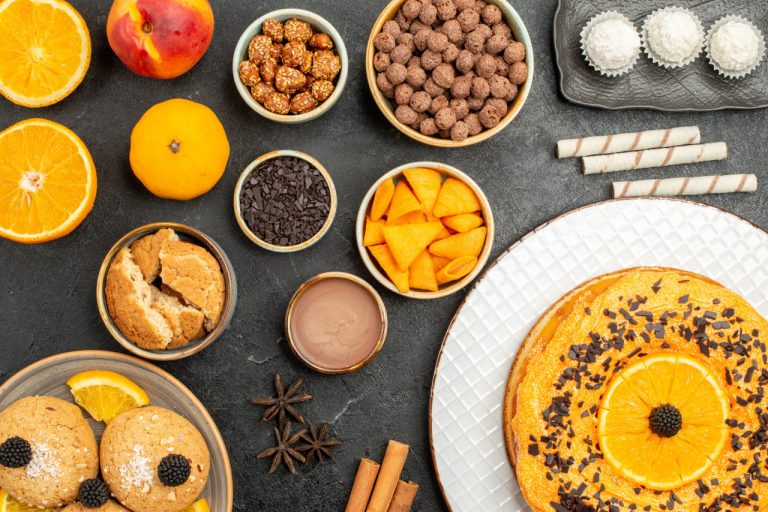Healthy Baking as a Lifestyle

Healthy baking is more than a technique; it is a lifestyle choice that prioritizes nutrition, creativity, and mindful consumption. Incorporating wholesome ingredients, thoughtful techniques, and balanced flavor profiles into baking allows individuals to enjoy desserts without compromising health. By adopting healthy baking as a lifestyle, people can develop sustainable habits that support overall well-being while still indulging in their love of sweets.
Embracing Mindful Baking
Mindful baking focuses on awareness in ingredient selection, portion control, and preparation methods. It encourages bakers to choose natural, nutrient-rich ingredients and minimize processed sugars, unhealthy fats, and artificial additives.
This approach transforms baking into an intentional practice where every choice contributes to health, flavor, and enjoyment. Mindful bakers consider the nutritional value of each component, creating desserts that nourish the body as well as delight the senses.
Selecting Nutritious Ingredients
The foundation of healthy baking is quality ingredients. Fresh fruits, whole grains, nuts, seeds, and plant-based alternatives form the core of nutrient-dense desserts.
Whole Grains: Oats, whole wheat flour, and quinoa provide fiber and complex carbohydrates, offering sustained energy and supporting digestive health.
Natural Sweeteners: Maple syrup, honey, dates, and coconut sugar reduce reliance on refined sugar while adding depth and natural flavor.
Healthy Fats: Avocado, coconut oil, nut butters, and olive oil replace butter or margarine, supplying heart-healthy fats.
Fruits and Vegetables: Incorporating fruits or vegetables, such as berries, pumpkin, or zucchini, adds moisture, flavor, and essential nutrients.
Plant-Based Alternatives: Non-dairy milks, yogurt, and creamers support dietary restrictions while maintaining creamy textures and rich flavor.
Choosing ingredients thoughtfully ensures that desserts remain indulgent without compromising health. It also encourages experimentation with flavors and textures, leading to unique and satisfying creations.
Techniques for Healthy Baking
Healthy baking requires adapting traditional techniques to maintain flavor and texture while reducing sugar, fat, and processed ingredients.
Substitutions: Replacing refined sugar with natural sweeteners, using applesauce or mashed bananas to reduce fat, and choosing whole-grain flours for added nutrition are effective strategies.
Portion Control: Baking in smaller batches or using mini molds helps manage serving sizes, supporting moderation without limiting enjoyment.
Low-Temperature Baking: Gentle baking preserves nutrients in fruits and vegetables and prevents over-browning or dryness.
No-Bake and Minimal Heat Recipes: Energy balls, raw bars, and chilled desserts require little to no cooking while retaining maximum nutrient content.
Flavor Enhancement: Herbs, spices, citrus zest, and natural extracts enhance taste without additional sugar or fat, making desserts more complex and enjoyable.
Planning a Healthy Baking Routine
Incorporating healthy baking into daily life involves organization and preparation. Meal planning, ingredient prep, and maintaining a stocked pantry with wholesome staples make healthy baking more convenient and consistent.
Creating a routine encourages experimentation and ensures desserts are available for regular enjoyment. It also fosters a mindful approach, helping bakers avoid reliance on processed snacks or store-bought sweets.
Benefits of Healthy Baking as a Lifestyle
Adopting healthy baking offers numerous physical and emotional benefits:
- Nutritional Support: Provides desserts rich in vitamins, minerals, fiber, and healthy fats.
- Mindful Eating: Encourages awareness of portion sizes, ingredients, and balanced nutrition.
- Creativity and Skill Development: Promotes continuous learning, experimentation, and artistic expression.
- Stress Relief and Enjoyment: Baking can be therapeutic, providing relaxation and satisfaction.
- Family and Community Engagement: Sharing healthy desserts strengthens bonds and encourages others to embrace mindful eating.
These benefits extend beyond individual health, fostering a positive and sustainable relationship with food.
Experimentation and Creativity
Healthy baking as a lifestyle encourages creative experimentation. Trying new ingredients, combining unexpected flavors, and exploring different textures leads to innovative desserts.
Layered parfaits with seasonal fruits, nut-based energy bars with spices, or avocado chocolate mousse exemplify how creativity can enhance nutrition and taste. Documenting successful experiments builds a repertoire of healthy recipes that are enjoyable and customizable.
Integrating Healthy Baking into Everyday Life
Healthy baking can be seamlessly incorporated into daily routines. Preparing wholesome desserts for breakfast, snacks, or special occasions ensures that indulgence aligns with dietary goals. Batch preparation and storage techniques, like freezing muffins or portioning energy bites, save time while maintaining quality.
Involving family or friends in baking encourages shared learning, experimentation, and enjoyment, making healthy baking a communal and sustainable lifestyle choice.
The Holistic Approach
Healthy baking as a lifestyle is not just about following recipes—it is about cultivating awareness, creativity, and balance. It integrates nutrition, flavor, and presentation into a practice that supports well-being and satisfaction.



